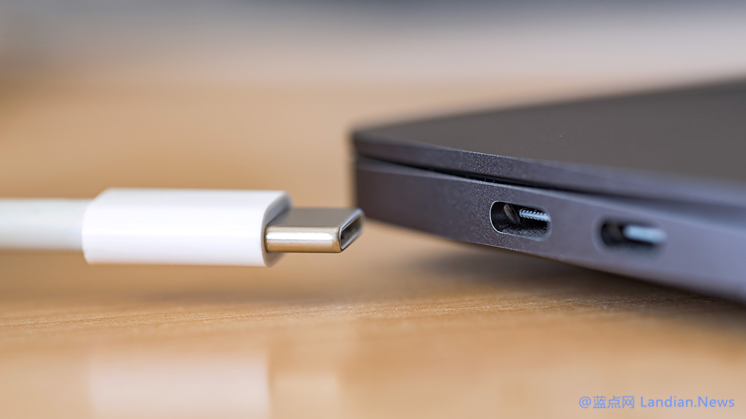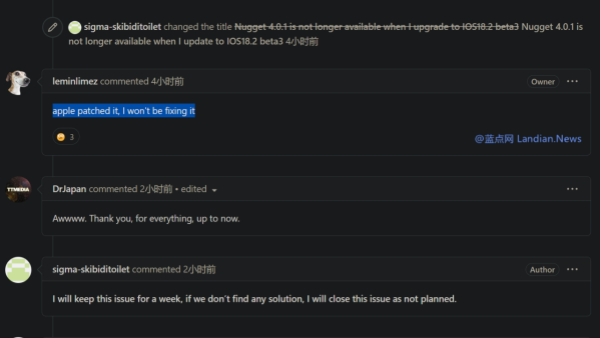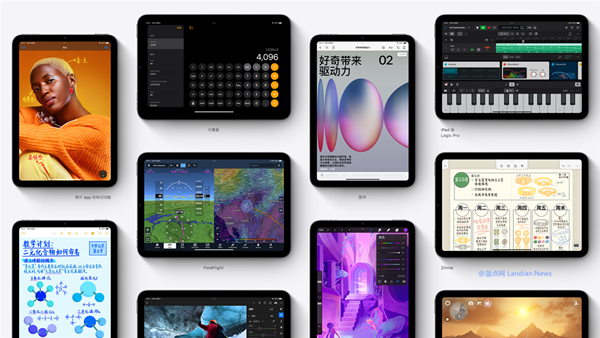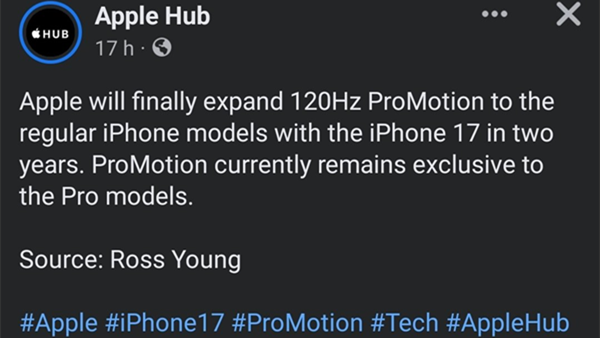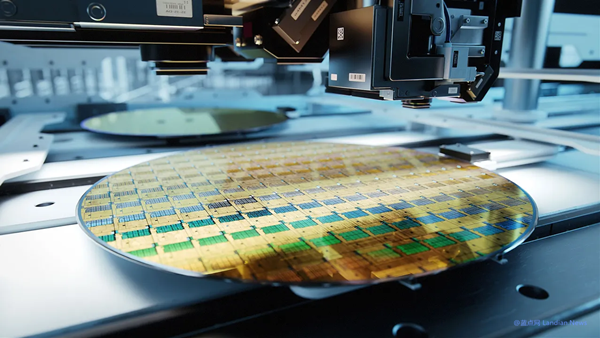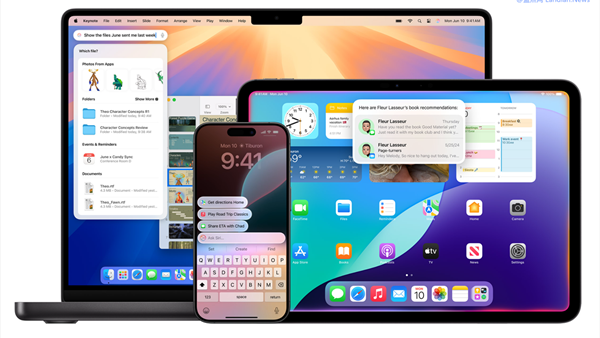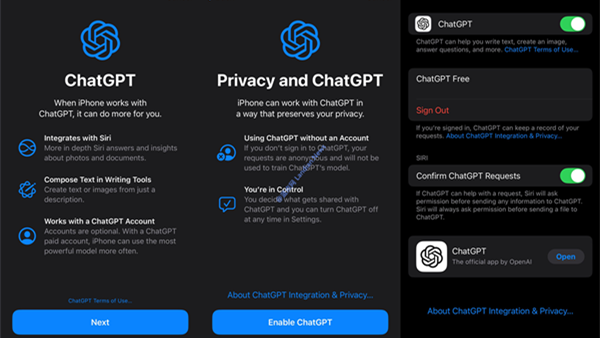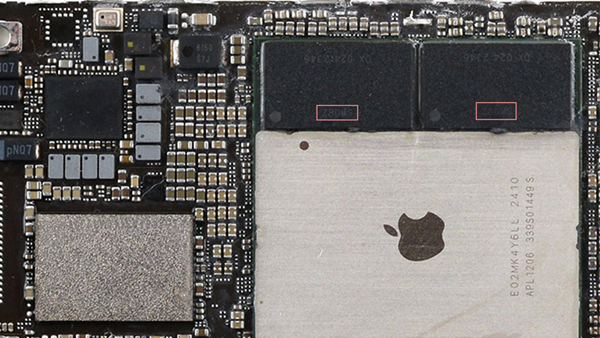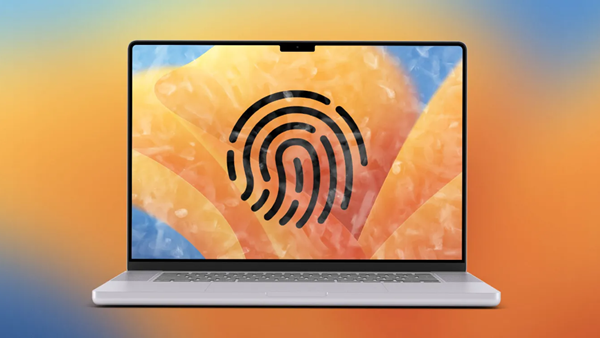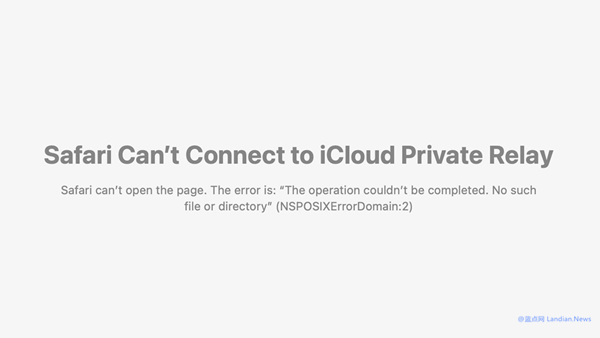Saudi Arabia Joins the USB-C Revolution: The Fourth Market to Mandate the Universal Connector for Electronics
After several years of struggle in the European Union, a law was finally passed mandating the adoption of USB-C ports in electronic products such as smartphones. Apple, consequently, has bowed to the pressure. In the upcoming iPhone 15 series, Apple will abandon its proprietary Lightning port in favor of the USB-C interface.
Following the EU's lead, India also mandated that electronic products must adopt the USB-C interface after March 2025. Brazil followed suit, and now Saudi Arabia has become the fourth market to enact a law requiring the use of USB-C ports in electronic products.
Saudi Arabia's regulatory body has formulated legal provisions that compel electronic product manufacturers to adopt the USB-C interface by January 1, 2025, or face a ban on sales thereafter.
While Saudi Arabia's specific provisions aren't as detailed as the EU's, they are more comprehensive than India's. For example, Saudi Arabia's first phase, beginning on January 1, 2025, requires smartphones, earphones, keyboards, speakers, and routers sold in the country to utilize USB-C interfaces.
The second phase begins on April 1, 2026, when laptops and other portable computers (including various tablets) must also use USB-C ports.
Saudi regulators say this decision was made to enhance user experience, reduce costs, and minimize electronic waste, as users can charge all devices with a single USB-C cable.
While a unified switch to the USB-C interface has its advantages, the promise of "one cable to rule them all" may be challenging. Rumors suggest that even with the switch to USB-C, Apple has asked Foxconn to produce USB-C cables with MFI chips, meaning the iPhone 15 series might not support non-MFI certified USB-C cables or may reduce charging power on unsupported cables.
The EU previously stated that if Apple took such actions, they would enforce legal measures. So now, all eyes are on Apple's upcoming conference next month to see how this situation unfolds.
